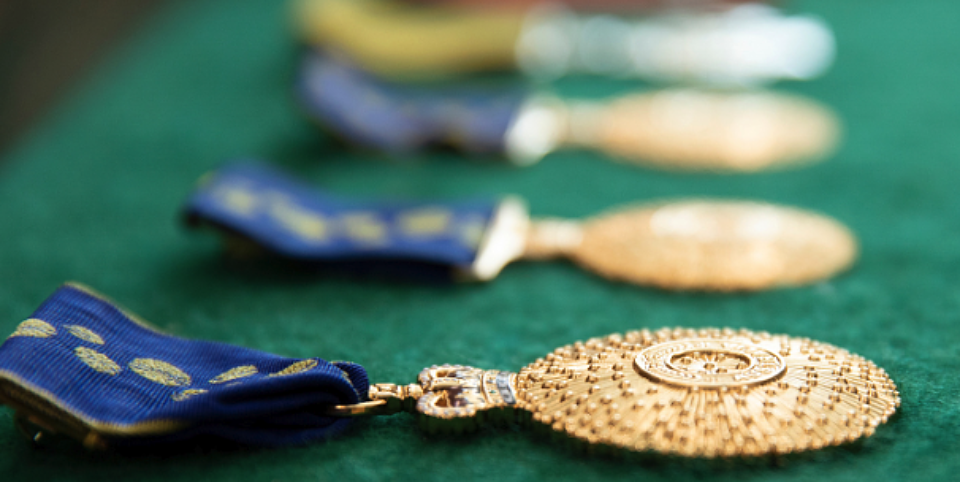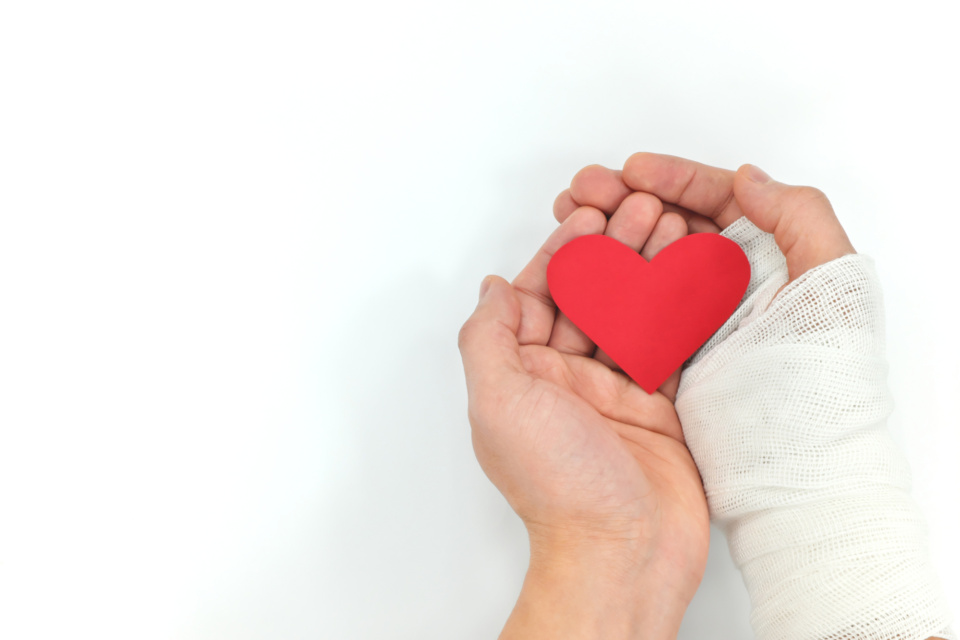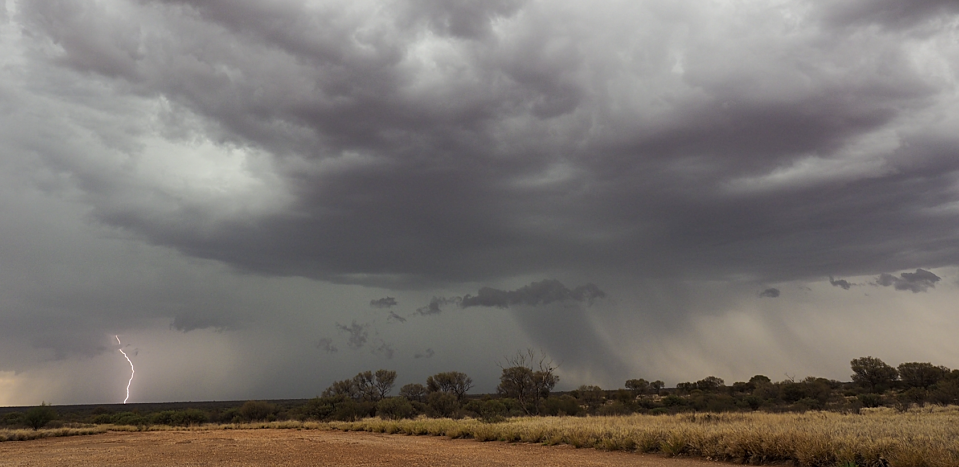
One Nation’s chances as a dominant conservative party are piñata-like
Posted on 11 Feb 2026
Opinions polls insist Pauline Hanson's fortunes are on the rise, but it is likely that enthusiasm…
Posted on 13 May 2025
By Ashton Wood

For victims of domestic and family violence, a mobile phone is not just a communication device, but a lifeline, writes Ashton Wood, founder of DV Safe Phone.
Domestic and family violence (DFV) continues to devastate communities across Australia.
It is estimated that approximately 3.8 million Australian adults – one in five – have experienced physical and/or sexual DFV since the age of 15.
With 14 women’s lives tragically lost to gender-based violence this year alone, we sadly still see the evolving methods DFV perpetrators are using to track and control their victims, with technology increasingly exploited as a tool of control and harm.
Mobile phones have evolved from a mere communication device to a central hub for managing our lives. However, while this technological advancement has brought about numerous conveniences, it has sadly paved the way for technology-facilitated abuse (TFA).
TFA encompasses harmful actions carried out online or through digital technology. This can include harassment, threats, stalking, and coercive or controlling behaviour.
Abuse can show up in different ways, such as using spyware or location services to track someone, sending threatening messages, or accessing personal accounts without permission.
Recent research indicates that more than one in three Australians have experienced TFA in a current or former intimate partner relationship. Alarmingly, nearly a quarter of Australians believe it's reasonable to have access to a partner's device codes. More than one in ten think it's acceptable to track a partner using location-sharing apps such as Life360 and Find My Friends.
In the context of intimate partner abuse, these behaviours fall under the umbrella of coercive control, a form of abuse that is now criminalised in Queensland and New South Wales, with more states expected to follow.
Awareness is increasing around how technology enables and amplifies coercive controlling behaviours of abusive partners. The eSafety Commissioner has highlighted the concerning normalisation of these behaviours, particularly in intimate relationships.
Unfortunately, many victims find it challenging to recognise when they are experiencing TFA.
Behaviours which some might consider normal – for example, asking who you’re messaging – can escalate into severe and controlling behaviours, such as a partner's insistence on having your passwords to your accounts to monitor devices without your consent, or even pressuring you to share personal chats and pictures.
These are key warning signs to look out for and can indicate that there may be more controlling behaviours, such as location tracking and stalking.
It's important to understand that these actions are not expressions of care or concern but are manipulative tactics to exert control. Recognising these signs is the first step toward seeking help and breaking free from the cycle of abuse.

"There are millions of unused phones sitting in drawers, going to waste. Why not give them a new life and help potentially save someone’s life?"
At DV Safe Phone, we believe a mobile phone is not just a device but a lifeline. Since our creation in 2020, we've received more than 33,000 safe phones and repaired, repurposed, and gifted more than 12,000 safe phones to domestic violence victims through our nationwide agency partner network.
These phones enable victims to reach out for help, stay connected with support services, and begin to rebuild their lives.
As the founder of DV Safe Phone, I have heard some amazing stories of how our safe phones have given people hope because they allow them to develop an escape plan with the reassurance that they can call for help if a situation further escalates.
There are millions of unused phones sitting in drawers, going to waste. Why not give them a new life and help potentially save someone’s life?
However, in the past year, we've seen safe phone requests exceed donations in several states and territories, and more support is needed to ensure this crucial lifeline is available when needed most. To meet this growing need, we've set an ambitious goal of distributing our 20,000th phone by 2026.
Looking ahead, DV Safe Phone aims to expand its collection and distribution network, ensuring more survivors can access the tools they need to rebuild their lives. We also seek to raise awareness about the importance of safe phones in the broader conversation about DFV prevention and response.
May is Domestic and Family Violence Prevention Month and we encourage everyone – from individuals to governments and businesses alike - to check their cupboards for unused mobile phones and consider donating them to give them a new life and repurpose them into something useful.
It takes just $75 and a working mobile phone to ensure that a DV victim can call for help, connect with support services, or maintain contact with loved ones. With a nationwide network of almost 1,000 phone drop partners, we have made it easy for Aussies to find a place to donate their phone.
As technology-facilitated abuse continues to rise, we must act now to protect vulnerable individuals. Every day without intervention is another day someone suffers in silence.
Together, we can turn old phones into lifelines and help break the cycle of domestic and family violence.
During the covid pandemic, Ashton was clearing out old items from his house and intended to donate them to those who needed them the most.
However, a lockdown occurred, and he had nowhere to take them. He rang an old friend, a senior police sergeant, asking if he could take them anywhere. All she needed at that moment was mobile phones for victims of domestic violence. DV Safe Phone was born.
Ashton works closely with domestic violence and law enforcement agencies to better-understand the challenges that are faced by victim/survivors in fleeing domestic violence and perpetrator tech-abuse that often happens during and after these times.
He has also provided insights and feedback to the current Domestic and Family Violence Guideline, which is being reviewed to ensure survivors are better supported through telecommunications solutions.
DV Safe Phone collects, repurposes and gifts mobile phones to domestic violence (DV) victims.
These 'safe phones' provide a lifeline to call for help when needed.
Their goal is to get a safe phone into the hands of every domestic violence victim who needs one.

Posted on 11 Feb 2026
Opinions polls insist Pauline Hanson's fortunes are on the rise, but it is likely that enthusiasm…

Posted on 04 Feb 2026
As we move into 2026, I can’t help but think the world is wobbling a little.

Posted on 28 Jan 2026
The 2026 Australia Day Honours list delivered a sobering reality check. After reaching gender…

Posted on 28 Jan 2026
This year’s Adelaide Writers’ Week began with the cancellation of a talk by Palestinian-Australian…

Posted on 16 Dec 2025
As Australia prepares to welcome its one millionth refugee, human rights advocate and former…

Posted on 10 Dec 2025
What a year 2025 has been, particularly at a national level where the Parliament and politics as we…

Posted on 26 Nov 2025
Charities and not-for-profits can be outstanding advocates for their cause, their community, their…

Posted on 12 Nov 2025
Managing a charity or not-for-profit in Australia is often more complex than it may appear. On any…

Posted on 29 Oct 2025
One of the most contentious debates across many areas of human services is the for-profit versus…

Posted on 28 Oct 2025
Workers in the not-for-profit sector lift up communities, care for those in crisis and do work that…

Posted on 08 Oct 2025
The cost of climate change's impact on Australian life is increasingly well documented. The…

Posted on 08 Oct 2025
The Wurundjeri Indigenous people who live in and around Melbourne understand their environment as…